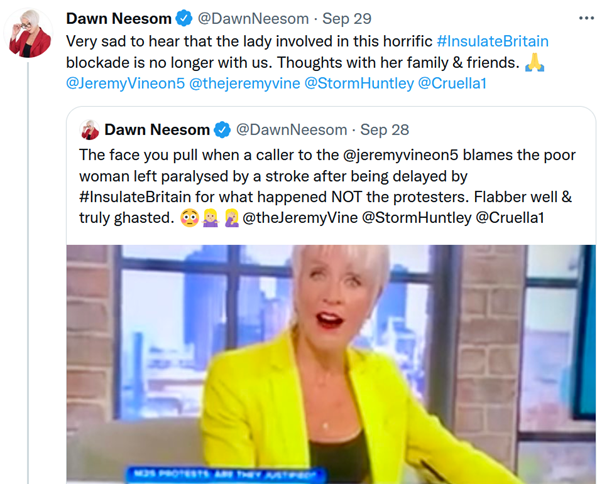
Only when we look at the deep history of capitalism do we see it for what it really is: a fire front, raging across the planet, ignited by people who operate offshore.
My column.
theguardian.com/commentisfree/…
My column.
theguardian.com/commentisfree/…
Those who say they want to “reform” capitalism or “tame” capitalism appear to suffer from a fundamental misunderstanding of what capitalism is. They believe the story it tells about itself: that it’s a matter of buying and selling, hard work and enterprise. It really isn’t.
Capitalism is a specific and novel system, that arose in the mid-15th Century as a response to the opportunities created by colonisation. It involves not only the commodification of land, labour and money, but also the consumption of natural wealth and abandonment of the residue.
Capitalism is an intrinsically offshore system, constantly exploiting and exhausting new frontiers, whose realities are kept out of sight and out of mind. What the Pandora Papers reveal is not a perversion of the system. It is the system.
Isn't it strange that we make so little effort to discover how and where capitalism originated and what this tells us about what it is? The story of Madeira, as told by @oikeios, is fascinating and enlightening. Everyone should know it.
I came across it via a weird route. I'd been wondering for a while about "Mr Eyre of Madeira" in Jane Eyre: who he was, why we know so little of him, why Charlotte Bronte felt the need to repatriate his wealth. I began idly exploring it, and encountered @oikeios's brilliant paper
The justifying fairytale capitalism tells about itself – you become rich through hard work and enterprise, adding value to natural wealth – is the greatest propaganda coup in human history.
So ... all this leads to an obvious question. What's the alternative?
My approach (so far) is summarised here. But please note: this is not the final word from me, or from anyone. My pondering continues. And other models are available.
My approach (so far) is summarised here. But please note: this is not the final word from me, or from anyone. My pondering continues. And other models are available.
Something I find v disappointing about public life is being told, if you criticise capitalism, that you must be a communist. And if you're a communist, you must be a Stalinist.
It's crude and stupid and shuts down our minds.
It's crude and stupid and shuts down our minds.
Here's an idea: let's have an open, nuanced, intelligent ongoing conversation about what a world without capitalism (ie a world with a chance of avoiding systemic environmental collapse) might look like, without either labelling each other or claiming that we have all the answers
Incidentally, here's a transcript of the Private Sufficiency, Public Luxury talk. Sorry it's a bit bumpy - it was delivered without notes. centerforneweconomics.org/publications/p…
• • •
Missing some Tweet in this thread? You can try to
force a refresh









